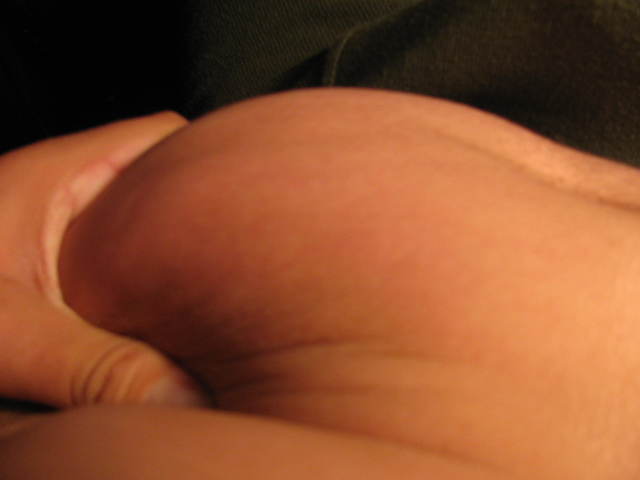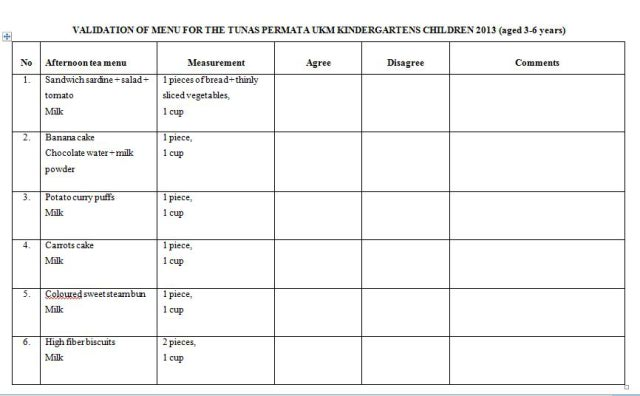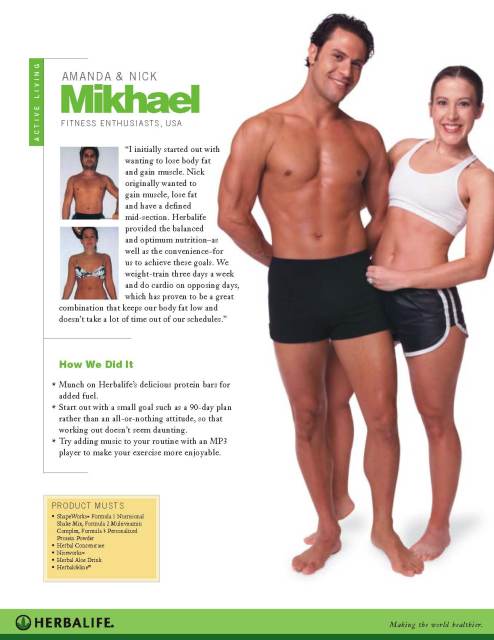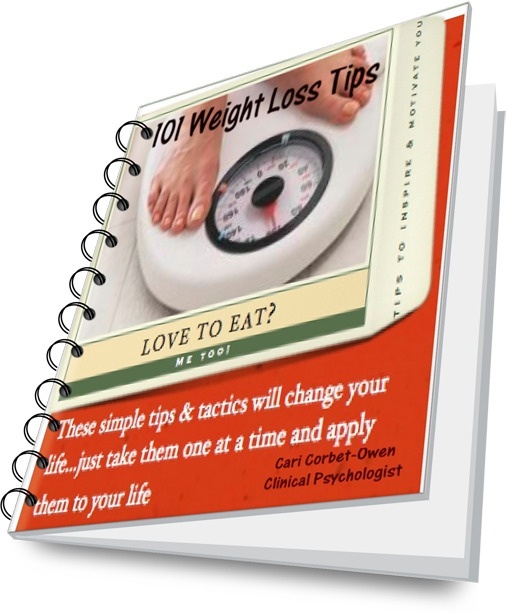Fat, carb, and protein calories
Question
Hi, thank-you for your answer to my question, and I'm sorry for
the typos. Most UK government-affiliated sites say, basically,
that a diet should be 15% protein, 50-60% carbs, and 35% fat, so
my calculations (I've marked the two typos below) were an
attempt to work out what that would be in calories. However, it's
just occurred to me that those percentages might be by food
energy/calories, not by weight, in which case I am more
confused. Which do you think they are?
I actually stopped worrying about eating carbohydrates for a
while (so only ate protein and fruit, really), but people kept
saying they were the most important part of the diet, etc., and
that I must start eating them again.
Do you really think 50% carbs is a high-carb diet? Surely it's
better than 50% protein or 50% fat?
-------------------------
Followup To
Question -
I'm trying to work out what I should be eating.
If my diet should be 15% protein, 50% carbs, and 35% protein
***I meant 35% fat
(according to nutrition.org.uk and the BBC), I can make up a
nearly 1200 calorie diet like this:
15g protein = 120 cal ***I meant 30g protein
100g carbs = 400 cal
70g fat = 630 cal
(going by 4 cal/gram for protein/carbs and 9cal/gram for fat)
The results seem weird in two ways:
1) should I really be getting the majority of my food energy from
fat?
2) is 100g carbohydrate/day enough?
Answer -
Dear Rachel,
First of all, where on your list is fat? You wrote:
"15% protein, 50% carbs, and 35% protein" -- which one of the
two protein % is in fact for fat -- 15% or 35%?
Another thing is, the diet recommendation you are mentioning is
not the only one on the health "market". The 100 carb grams
definitely makes it a higher-carb diet and if so, 630 Cal. from fat
is indeed too high. Whether or not it's enough for a day,
depends on your philosophy rather than scientific facts.
The facts tell us that higher-carb diets are harder to stick with
than with lower-carb diets, that low-carb diets do better to
improve blood tests reading including increased "good"
cholesterol levels, while low-fat diet decrease "good"
cholesterol; that lower-carb, higher-fat diets increase energy
expenditure through the day by enhancing body heat production
so you can consume extra 300 Cal. and still be losing weight,
etc.
On the other hand, medical statistics shows that higher-carb
diets are OK if you are a very physically active person, don't have
emotional eating problems, or your metabolic makeup allows
you to easily burn calories, at rest or/and through exercising.
Please read more about it following these URLs:
Calorie Intake On Atkins and Low Carb Diets
http://dietandbody.com/articles/article1100.html
Why you should never drop below 1,200 calories
http://dietandbody.com/advice_support/2006/09/why-you-
should-never-drop-below-1200.html
The Glycemic Impact Diet
http://www.bestofweightloss.com/diet_reviews/2006/05/
secrets-of-gi-diet.html
It depends on the diet. All diets suggesting above 100 carb grams a day are at least _not_ lo-carb. Diets with 50% energty from carbohydrates are definitely high-carb.
There's no such thing as carbohydrate requirement since your body can happily run on ketones instead of glucose but what IS important, is the nutrients that can go with those carbohydrates in foods like fruits, vegetables,whole grains, etc. Because of that, most low carb diets seriously restrict carb intake for initial phases and after that, gradually introduce what's called "good" carbs.
= TZ
- Prev:diet make-up
- Next:Young athletes diet
Related Articles
-
supper
Questionis it ok to eat something/ drink fruit juice/ milk after
-
children
QuestionA little background..... I am currently overweight myself
-
Natural Sugar - bad for you?
QuestionDear Laurie, I am concerned that I may be eating too muc
-
Requirements
QuestionQUESTION: I would like to create a diet for myself but do
-
milk during meals
QuestionHello, My 2 year-old daughter enjoys (and demands) drink
-
excersice and diet
QuestionI am 56 a diabetic who has degenerative osteoarthritis an




